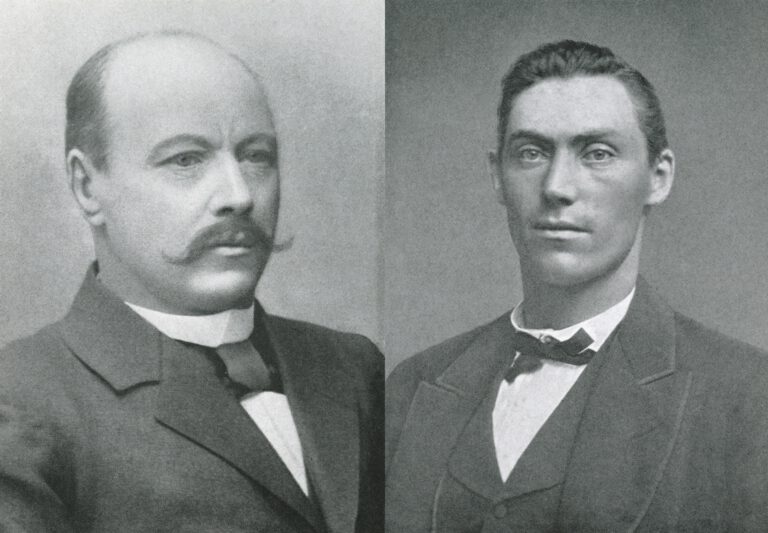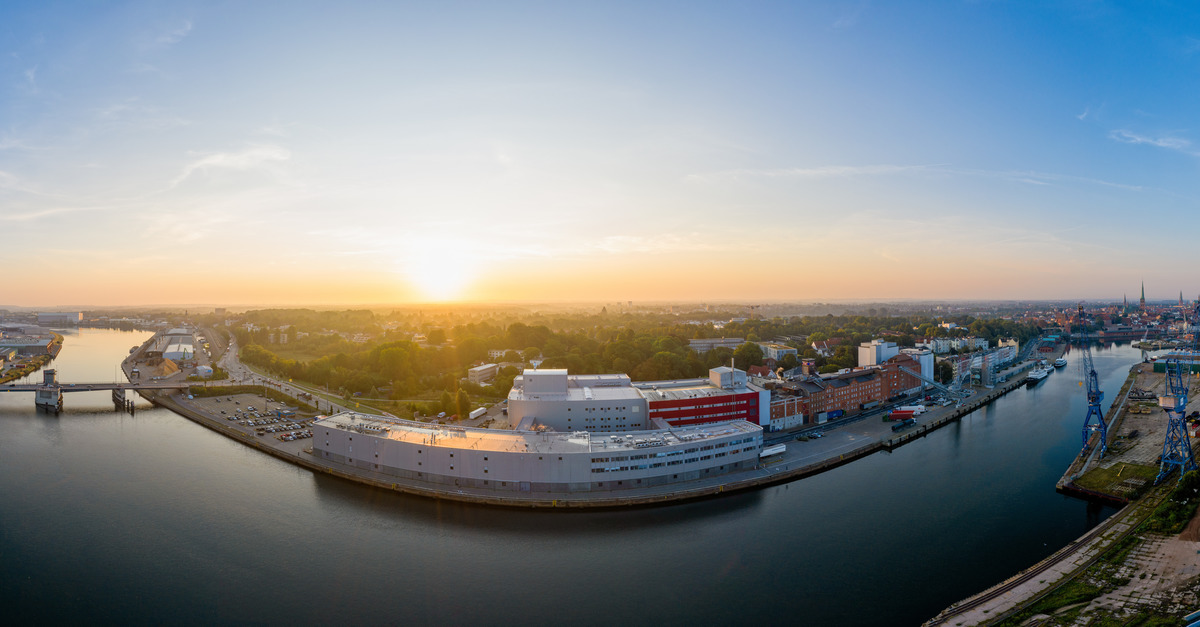
Company History
We have entered into a strategic partnership with our long-standing partner Dobeles dzirnavnieks and have become a co-partner in the milling company Rigas Dziernavnieks. This co-operation strengthens our market position and opens up new opportunities in the production of high-quality oat products. With this strategic partnership, we are specifically expanding our access to important raw materials and sales markets in the future segment of oat products. This step underlines our commitment to further developing our core competences.
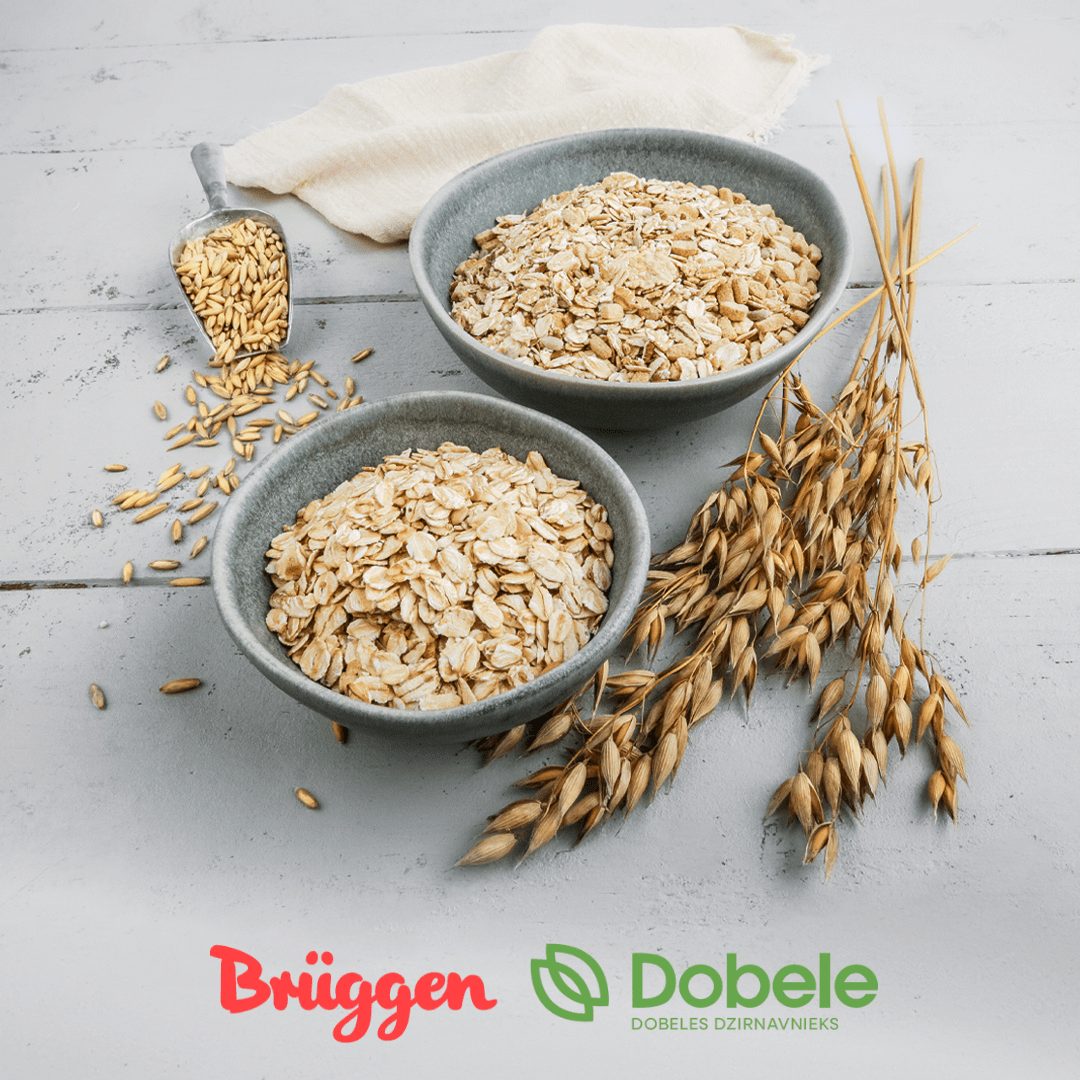
Together with the company frischli, we have announced the joint establishment of a joint venture called ‘The Oat Factory’, which focusses on the development and production of first-class oat drinks and oat products. In Rehburg-Loccum, a state-of-the-art production facility has been created that stands for sustainability and innovation. By combining our expertise in oat and milk processing, together we are setting new standards for plant-based milk alternatives.
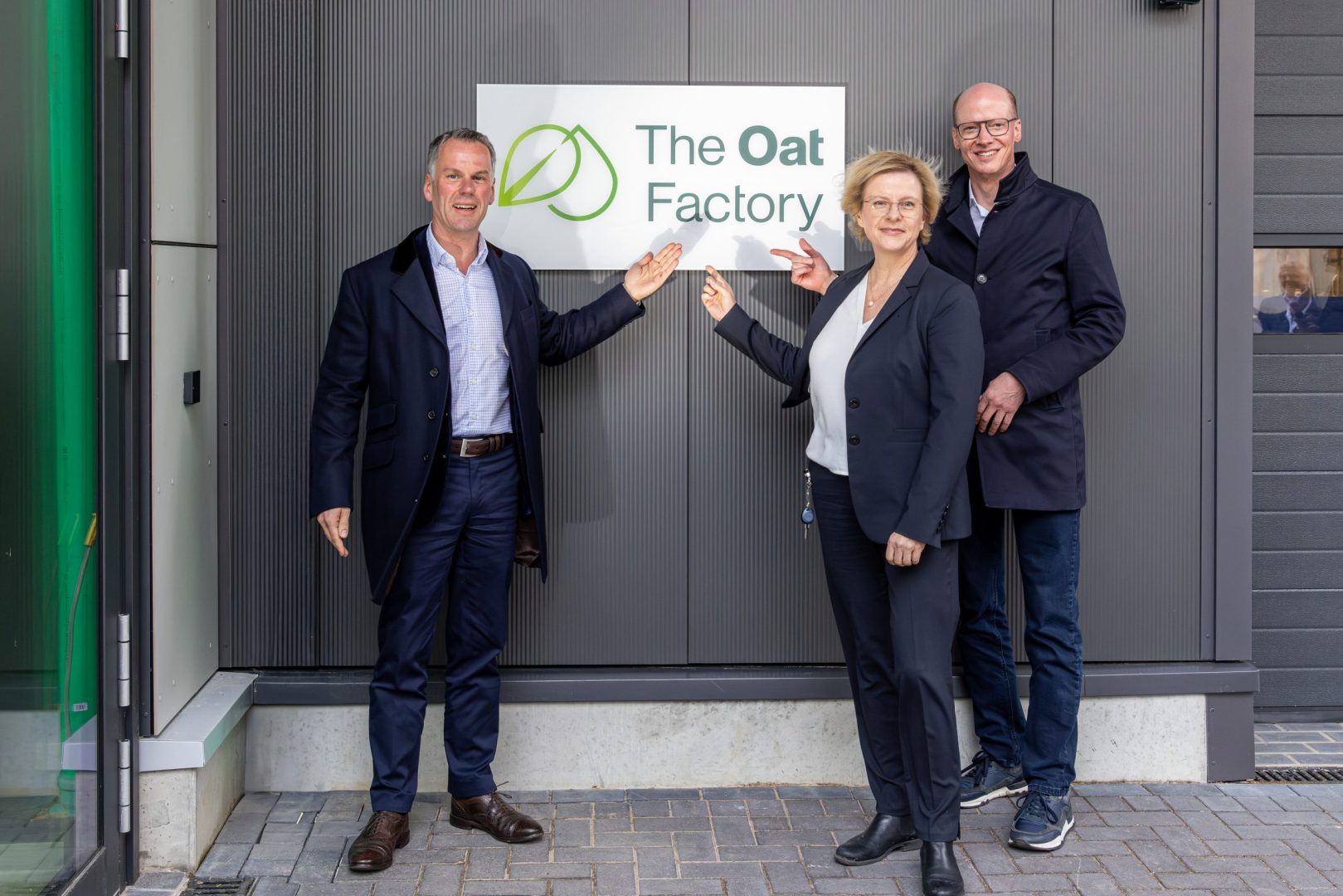
The first decade of our generation (1993-2002) was dedicated to the generational change and comprehensive modernization of the company. The second decade (2003-2012) was dedicated to growth in Europe and ended with the achievement of European market leadership. Milestones of the third decade (2013-2022) were the step across the Atlantic and the celebration of the 150th anniversary of the company.
In the remaining years of this third and the fourth decade (2023-2032), we want to further develop our company internationally, participate in new market opportunities, exploit the possibilities of digital transformation, strengthen our earning power, reduce debt and shape the transition to the fifth generation. The BRÜGGEN 2032 corporate strategy - the first strategy in the company's history to be set down in writing - serves as a guideline for action. It applies to H. & J. Brüggen KG and all its subsidiaries.
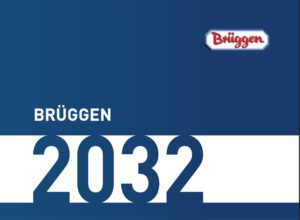
A second building for muesli production with 13,000 m² of floor space was opened in the street Hafenstraße in Lübeck. This building houses not only a fully automated high-bay warehouse for the supply of raw materials, including a picking system, but also production lines for conventional muesli, organic crunchy muesli and mixed muesli, along with a mixing station for muesli bar production. The cafeteria in the new building will open in mid-2021.
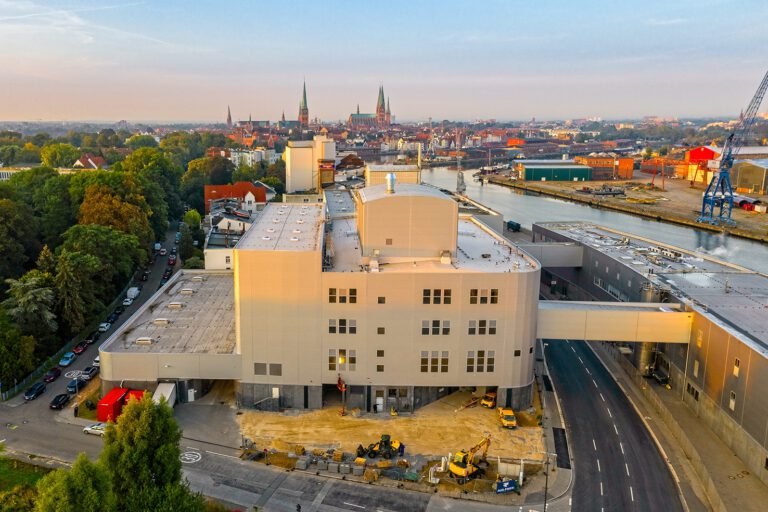
In its fourth generation, the family-run company H. & J. Brüggen KG celebrated its 150-year anniversary. With 290 guests – including the minister president of Schleswig-Holstein – an official ceremony was held at the Kulturwerft Gollan in Lübeck.
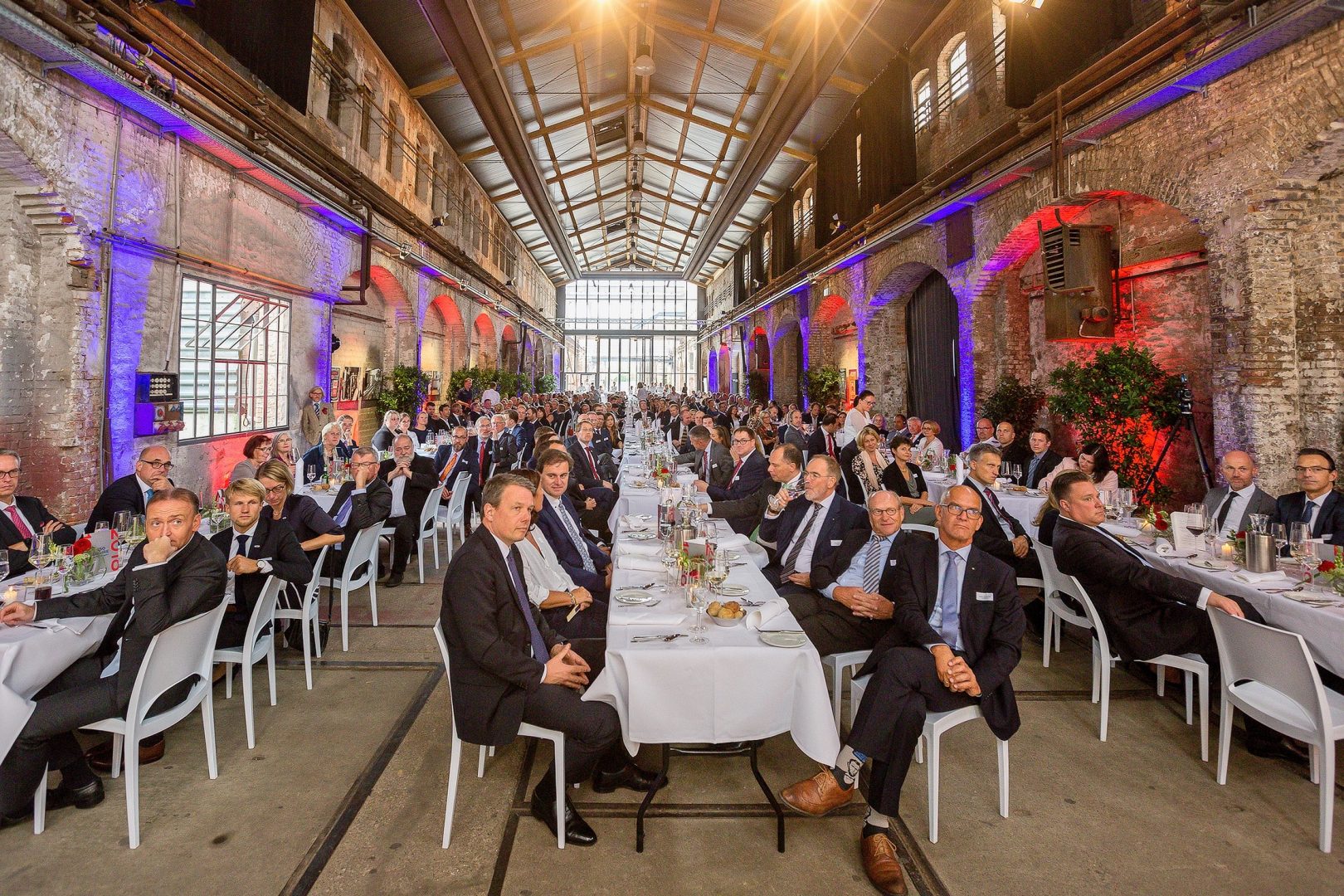
Brüggen America was founded, and a production facility for mueslis, cereals and muesli bars was established in Santiago de Chile.
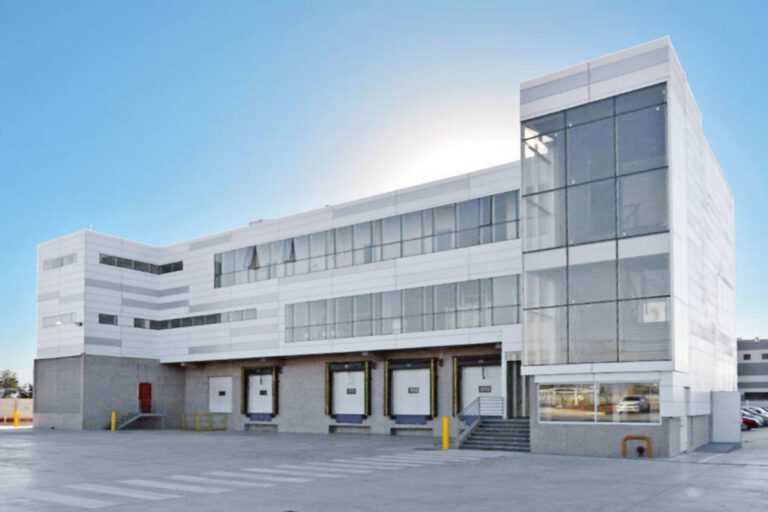
Opening of the new building “Konstinkai” for Plant I in Lübeck, with 2,500 m² of new office space for product development, quality control and sales, as well as 8,500 m² for additional production lines.
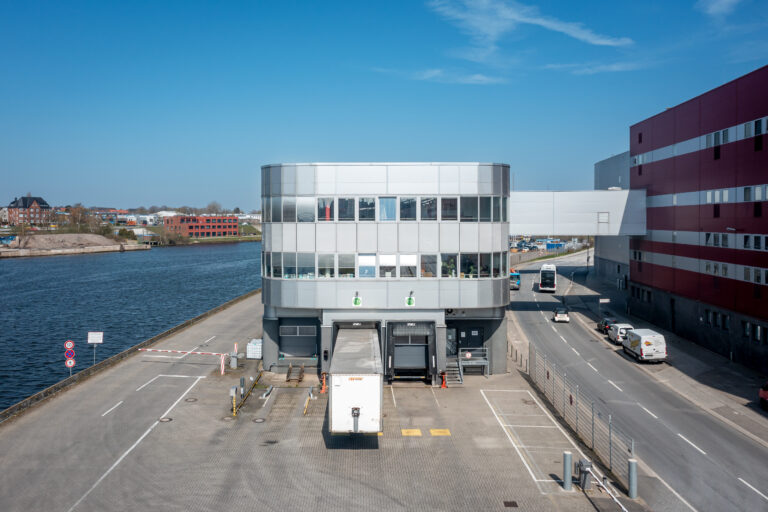
The logistics centre at Plant II in Lübeck is expanded by approx. 15,000 pallet spaces. In addition, the “Konstinkai Central Warehouse” is built. This facility is also located at the Port of Lübeck and currently offers approx. 22,000 pallet spaces. Now, with the completion of another new logistics centre in Wilga, Poland, our Plant III also has an additional 6,000 pallet spaces covering approx. 6,800 m².
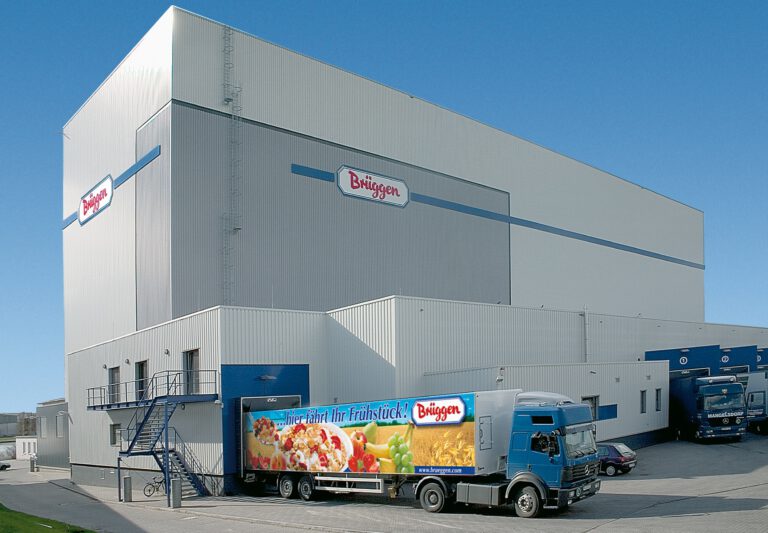
In order to shorten transport routes, an additional cereal production facility, “Plant IV”, is built in Thiers, France. The new plant has an integrated, state-of-the-art logistics centre with roughly 14,000 pallet spaces covering approx. 45,000 m².
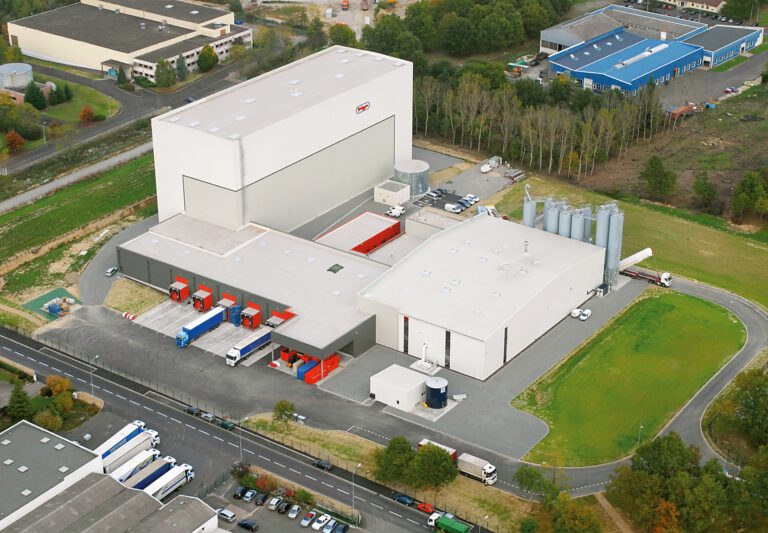
Continuous growth and the opening up of international markets lead to an expansion of the original plant. At the Port of Lübeck, a muesli production facility with a fully automated raw-materials handling system is built.
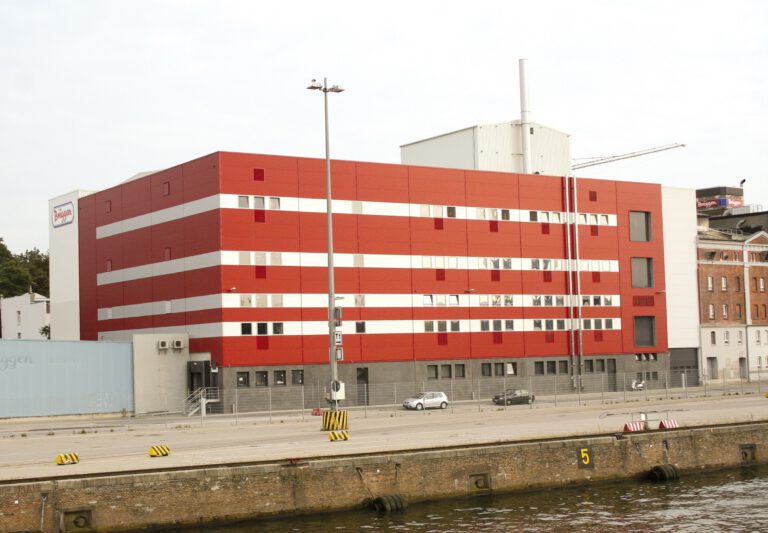
A new dispatch and logistics centre with a fully automated high-bay warehouse and roughly 20,000 storage locations goes into operation at Plant II in Lübeck.
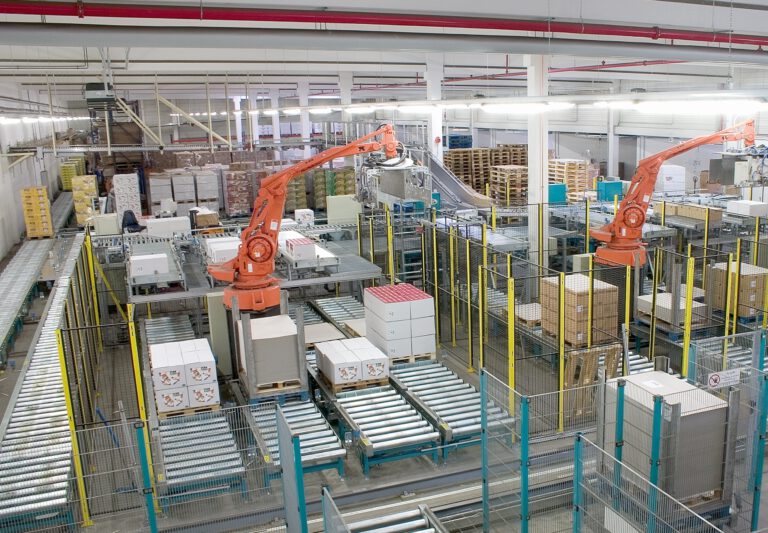
Now in its fourth generation of management, with Hanno Brüggen, Jochen Brüggen and Johannes Brüggen, the company enters the Eastern European market by founding Brüggen Polska together with its Polish partner, Lech Pozniak. A cereal plant is built in Wilga, near Warsaw.
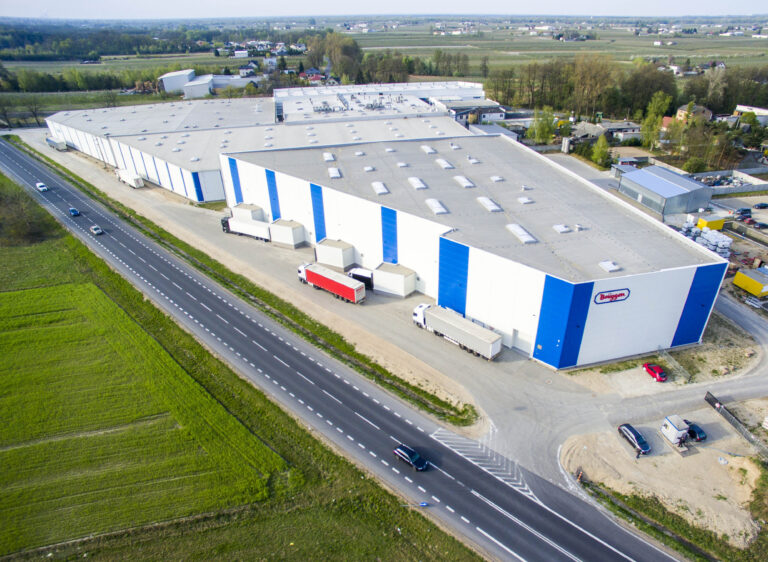
In order to increase production capacity, a spacious and modern cereal production facility is built near the original plant. The company produces cornflakes and modern breakfast cereals at this new facility, “Plant II”.
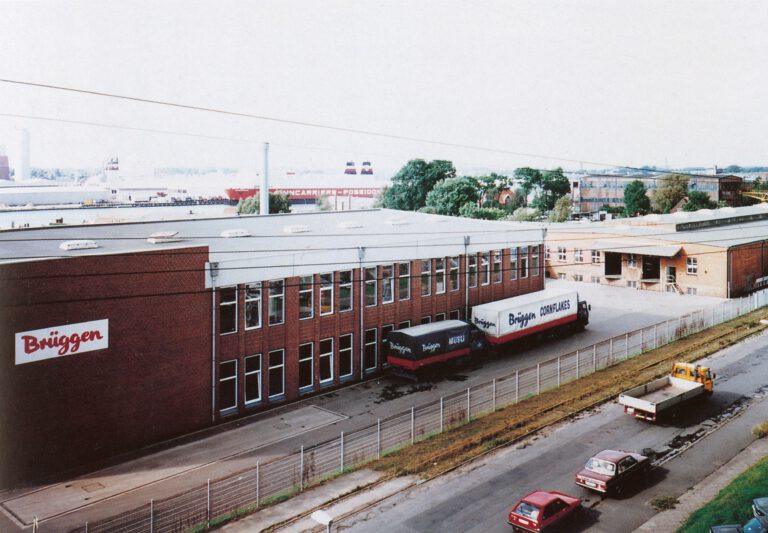
Owing to convincing results in the cereals sector and a constantly growing demand in the muesli segment, the company adds muesli bars to its product range.
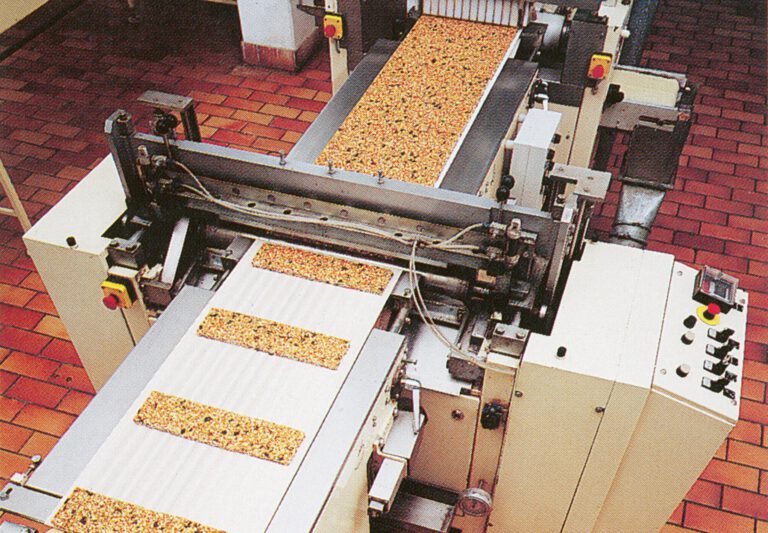
The company is now producing cereals in various forms. The construction of a new silo for increased storage capacity (approx. 6,000 metric tons) becomes necessary and allows for further product development. In Lübeck various muesli mixes are developed, produced and marketed in response to the increasing nutritional awareness of consumers.
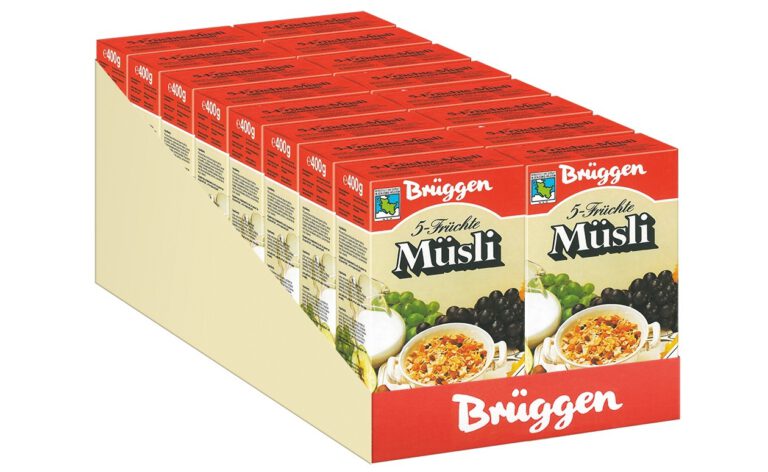
The war years and the closing of the Inner German Border force the company to adapt. Its facilities have been completely modernised over the years. New manufacturing processes open up new possibilities. Under the management of brothers Dr Hinrich and Jochen Brüggen the Brüggen company becomes one of the first in Germany to begin producing corn flakes.
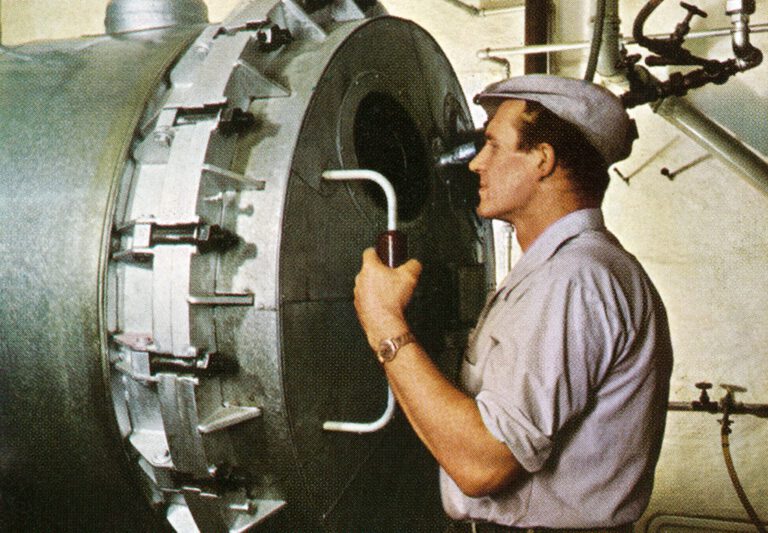
A new oats mill is built directly at the Port of Lübeck on a site of approx. 6,000 m². Heinrich Brüggen and his family move to Lübeck, while his brother, Johannes, stays behind at the Neumünster mill for the time being.
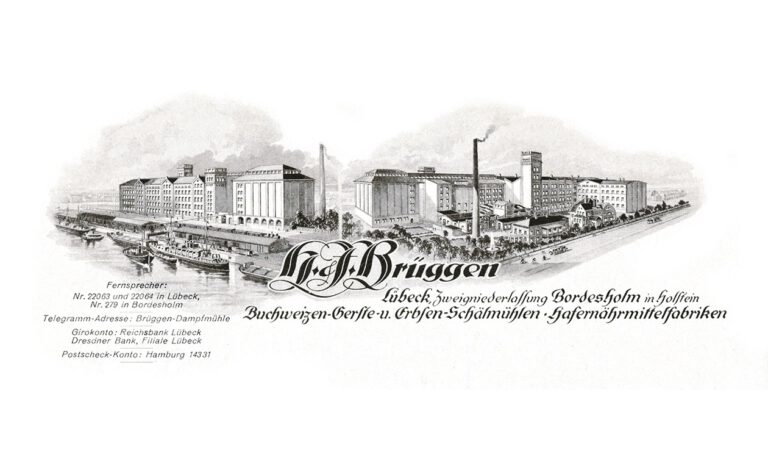
Various types of cereals are now being cultivated in the surrounding region. Buckwheat is chiefly imported from Poland and Russia. The company therefore decides to build a second mill in a seaport. Heinrich Brüggen chooses Lübeck, owing to the optimal water accessibility. In this period, Lübeck is still a free Hanseatic town.
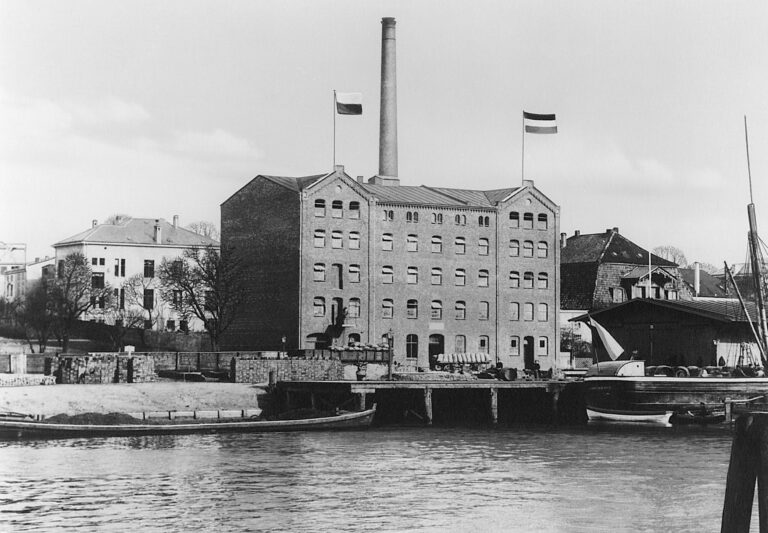
Brothers Heinrich and Johannes Brüggen found their first milling operation in Neumünster. In the granary, buckwheat is processed. At this time, buckwheat is grown abundantly in the geest landscape of Mittelholstein.
